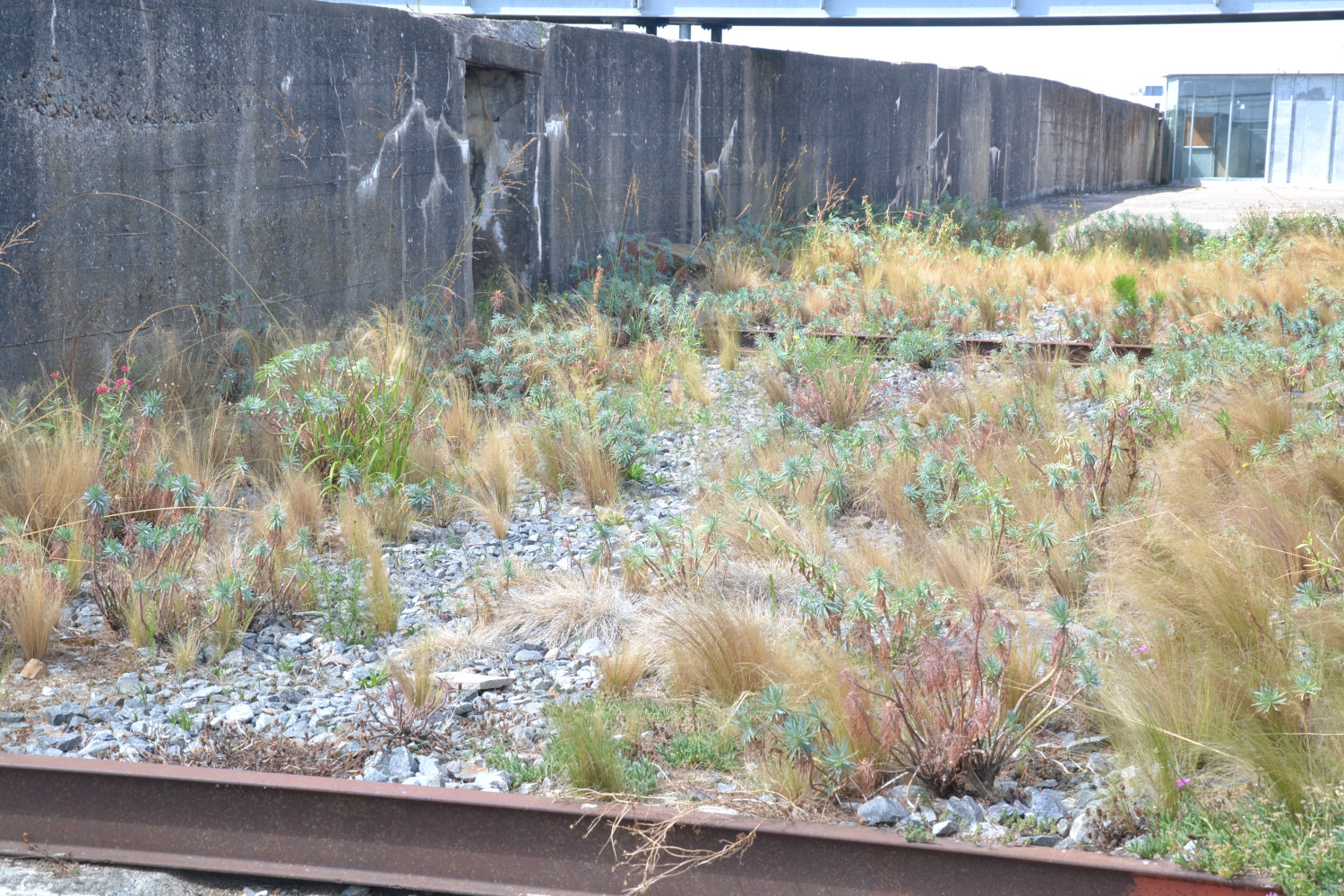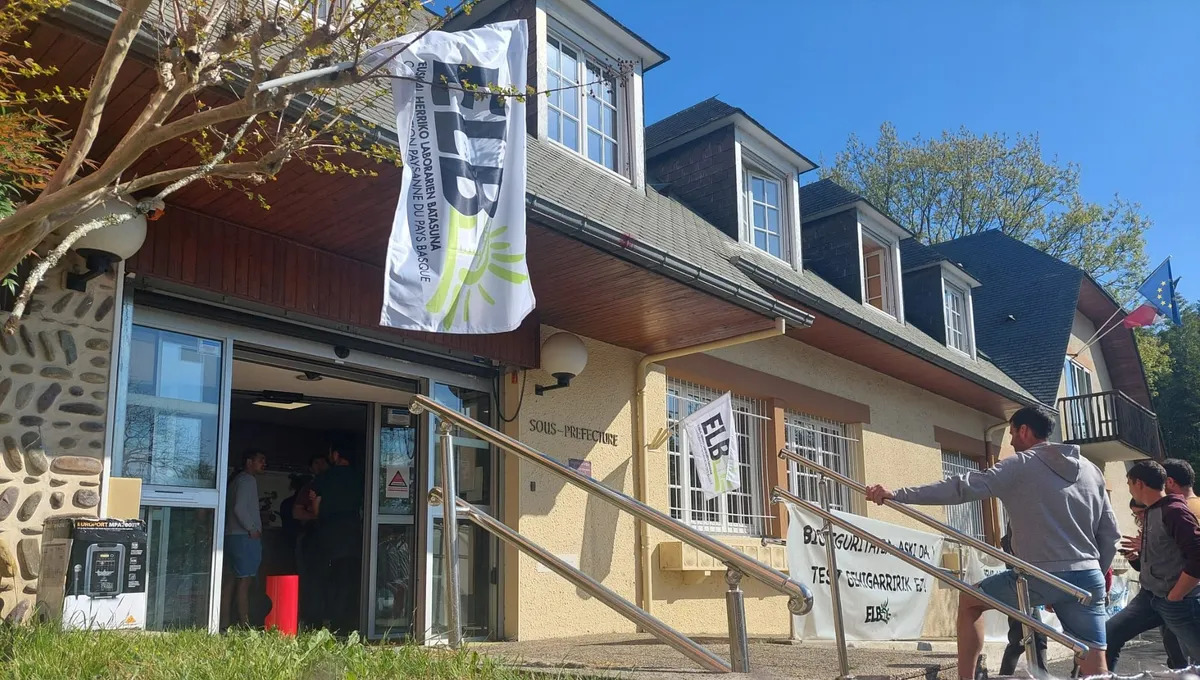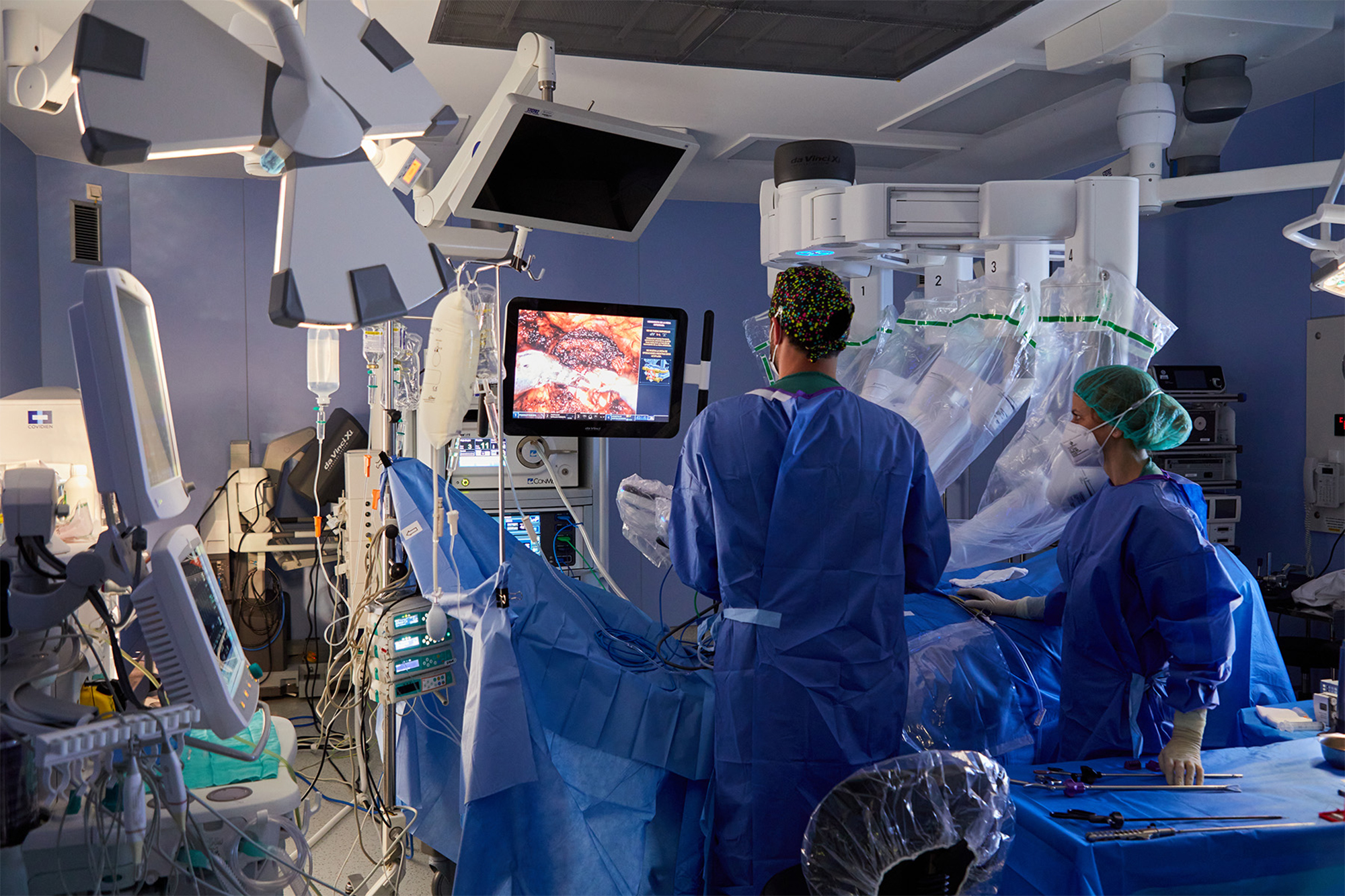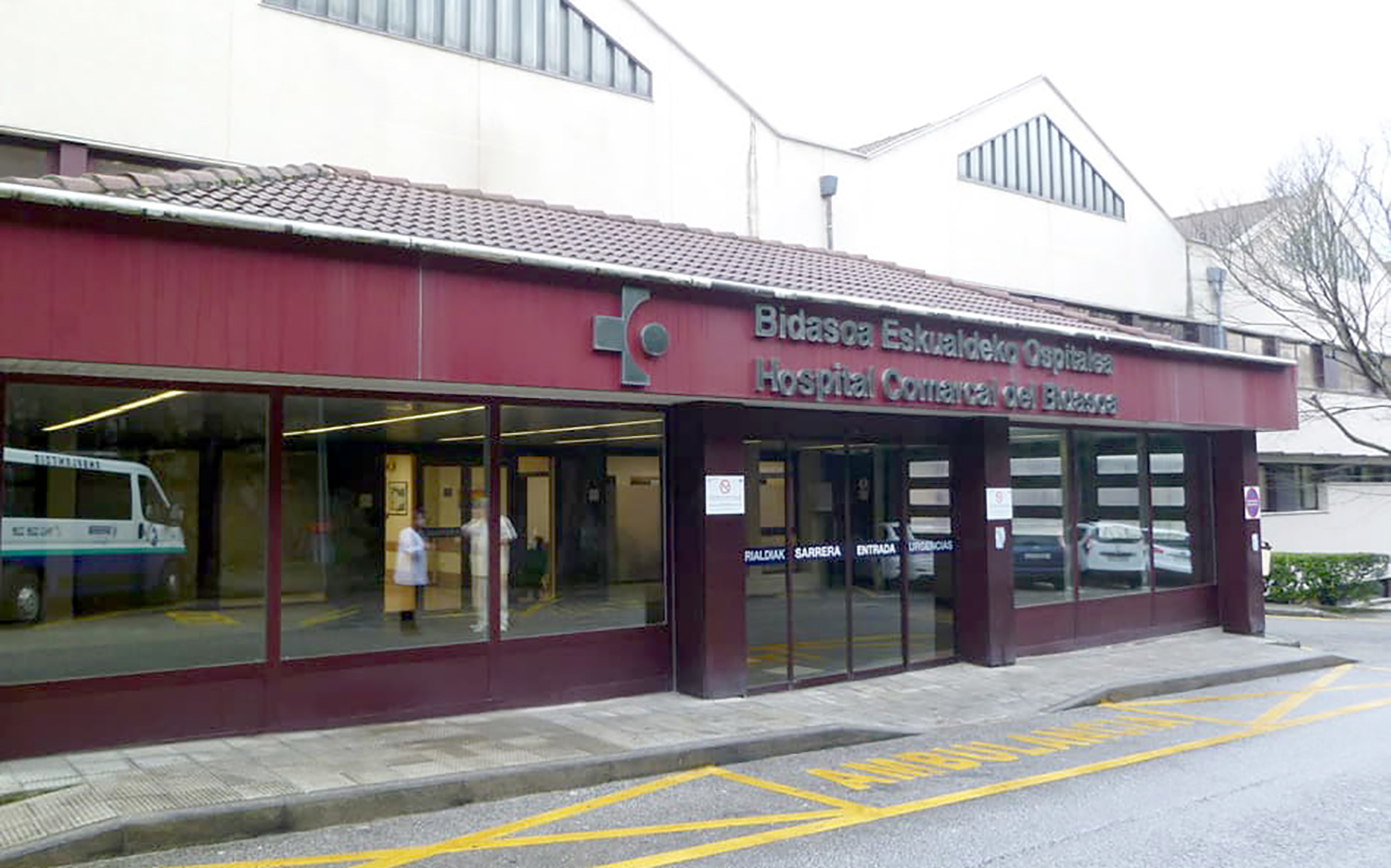Mutuals report that health has become a business
- The unions LAB, CGT, STEILAS, ESK, CNT and LSB-USO, the Navarra Health Platform and the Public Health Platform have launched a social awareness and information campaign.

Until 1990, mutual societies tended to deal with absenteeism associated with accidents at work and occupational diseases. Over the years, mutual societies have been acquiring more and more skills, including managing episodes of common illness and casualties, such as colds and gastroenteritis. The aforementioned agents denounce that mutual societies have made health a business and have launched an information campaign on mutual societies.
They criticize that mutual societies hide their work origin and “underestimate” the seriousness of most occupational diseases or accidents; that they seek “maximum productivity” in order to achieve “the highest possible productivity” return as soon as possible from work; that to do so they use shock treatments; that they perform unnecessary “expensive tests”; and that in the case of ordinary casualties only less than 14% of discharge proposals are adequate.
They add that mutual societies “privatize” the health system and turn it into “business.” In fact, Spanish mutual societies invest 0.3% in prevention. In Germany, for example, 10% of the budget is spent on prevention. In parallel, although it is illegal, with public money quoted for Social Security, the tests and treatments are directed to private centers: “Increase costs and finance private health”.
Declining public health system
As the competencies of the mutual societies increase, they have emphasized that public health resources decrease: “As long as the workers we work take care of us quickly, our family members, the unemployed, people with irregular jobs and pensioners will have fewer resources to take care of their health”.
They therefore request that the Government of Spain integrate into the public health system the centres, services and health centres of the Mutual Accident Societies. Iñaki Moreno Sueskune, member and physician of the Navarra Health Platform, will offer a talk on this topic and the conclusions of the mutual societies. On May 13 at 18:30 in Katatakrak.
You may not know who Donald Berwick is, or why I mention him in the title of the article. The same is true, it is evident, for most of those who are participating in the current Health Pact. They don’t know what Berwick’s Triple Objective is, much less the Quadruple... [+]
Indartsua, irribarretsua eta oso langilea. Helburu pila bat ditu esku artean, eta ideia bat okurritzen zaionean buru-belarri aritzen da horretan. Horiek dira Ainhoa Jungitu (Urduña, Bizkaia, 1998) deskribatzen duten zenbait ezaugarri. 2023an esklerosi anizkoitza... [+]
Pazienteek Donostiara joan behar dute arreta jasotzeko. Osasun Bidasoa plataforma herritarrak salatu du itxierak “are gehiago hondatuko” duela eskualdeko osasun publikoa.
EAEn BAMEa (famili medikuen formazioa) lau urtetik hiru urtetara jaistea eskatu du Jaurlaritzak. Osakidetzaren "larritasunaren" erantzukizuna Ministerioari bota dio Jaurlaritzako Osasun sailburu Alberto Martinezek: "Ez digute egiten uzten, eta haiek ez dute ezer... [+]
Sare sozialen kontra hitz egitea ondo dago, beno, nire inguruan ondo ikusia bezala dago sare sozialek dakartzaten kalteez eta txarkeriez aritzea; progre gelditzen da bat horrela jardunda, baina gaur alde hitz egin nahi dut. Ez ni optimista digitala nauzuelako, baizik eta sare... [+]



















